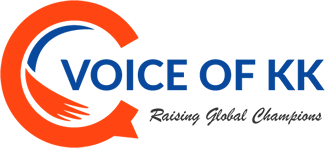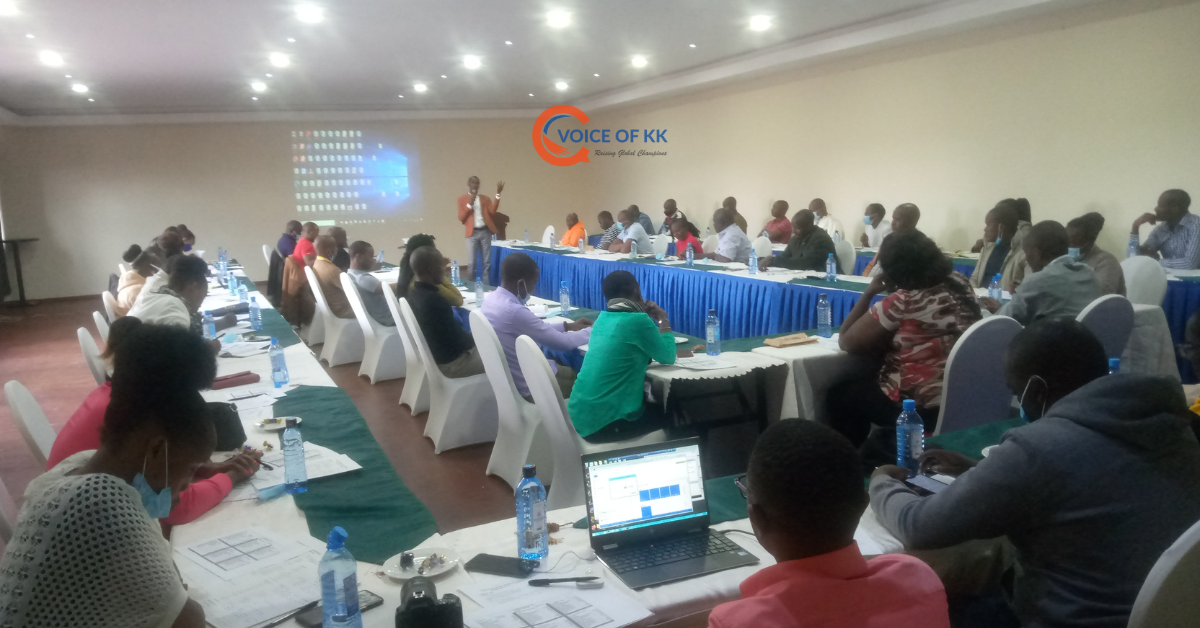Financial Literacy for Beginners: Key Concepts Everyone Should Know
Financial literacy for beginners is the foundation of smart money management. It empowers you to make wise financial decisions every day. With the right knowledge, you can save more, avoid debt traps, and build wealth. Learning these basics early sets the path for financial freedom. Visit www.kariukikamau.com for more money tips.
Why Financial Literacy Matters.
Money impacts every area of life. Without financial skills, people struggle with debt and poor spending habits. Beginners who learn financial literacy gain control over their money. This knowledge reduces stress and improves financial security. Understanding your money helps you plan for emergencies and long-term goals.
Budgeting: The First Step in Financial Literacy.
Budgeting is the most important financial skill. A budget tracks your income and expenses. It shows where your money goes and helps you avoid overspending. Start by listing your monthly income and subtracting your fixed expenses. Allocate the remaining money toward savings and investments. Even small budgets create big results when managed well.
The Importance of Saving.
Saving is a key concept in financial literacy for beginners. It creates a safety net for unexpected costs like medical bills or job loss. Experts recommend saving at least three to six months of living expenses. Open a separate savings account and contribute regularly. Automating your savings ensures consistency and builds financial discipline.
Debt Management Basics.
Debt can ruin your financial health if not managed properly. Credit cards, loans, and mortgages need careful planning. Always pay bills on time to avoid penalties. Focus on paying high-interest debt first. Avoid borrowing more than you can repay. Responsible debt management improves your credit score and saves money in the long run.
Investing for Beginners.
Investing grows your money faster than saving alone. Beginners should start with simple investments like index funds or bonds. Always research before investing and avoid risky choices. Diversify your investments to reduce risk. Even small amounts invested consistently can grow into wealth over time. Financial literacy teaches you how to make informed investment decisions.
Building Good Money Habits.
Good habits are the key to financial success. Track your expenses daily and review your budget monthly. Avoid impulse purchases and focus on long-term goals. Commit to lifelong learning about personal finance. Visit trusted resources like www.kariukikamau.com for expert advice. Strong habits protect your financial future and improve your lifestyle.
Conclusion.
Financial literacy for beginners provides the tools needed to manage money wisely. By mastering budgeting, saving, debt management, and investing, you create a secure financial future. These key concepts are simple but powerful. Take control of your finances today and achieve the freedom you deserve.





